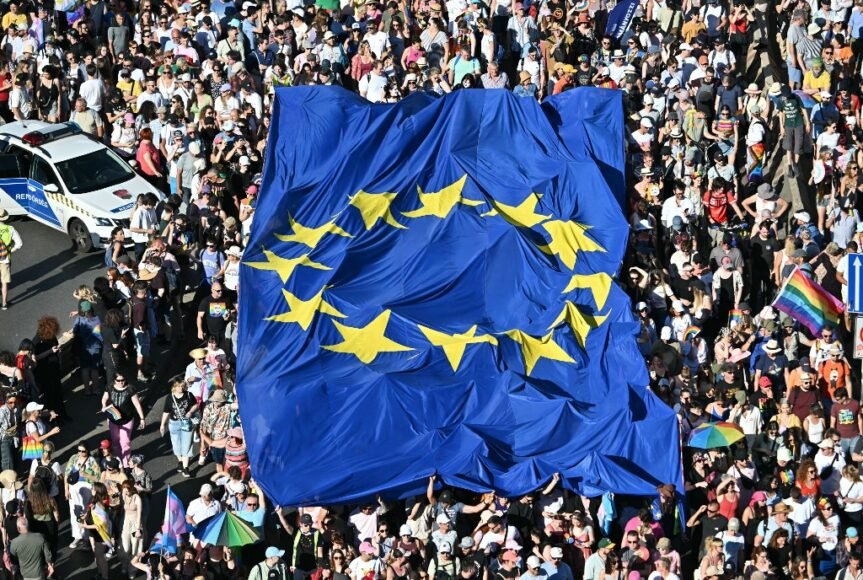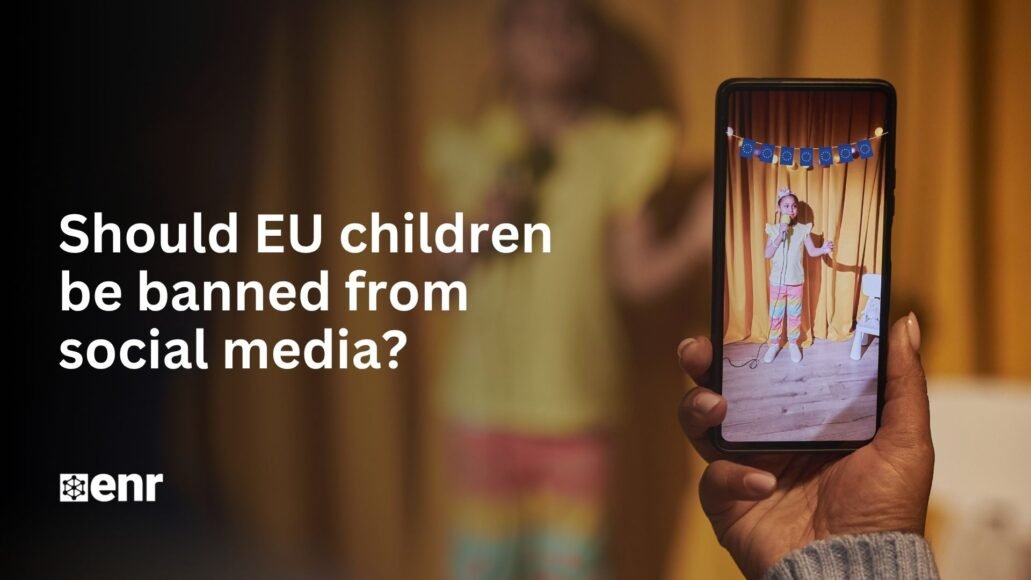
Several European Union nations are advocating for a ban on social media for individuals under 16. But is such a ban feasible, and is it the appropriate course of action?
Will platforms like TikTok, Instagram, and YouTube become unavailable to millions of teens in Europe? That’s the aim of a proposal supported by various European nations, including Spain, France, and Greece.
Proponents argue that such measures are essential to safeguard children under 15 or 16 from the adverse impacts of social media. They cite research linking social media use to anxiety, depression, low self-esteem, cyberbullying, and online predators.
However, experts caution that the issue is more nuanced, highlighting the social and developmental advantages that children gain from online engagement and suggesting that an outright ban may infringe on children’s rights. They recommend that online platforms should enhance their efforts to foster a secure online environment.
“Currently, the discussion is centered on safety, and these bans stem from a frustration among policymakers over online platforms’ failure to ensure the safety they are mandated to provide,” stated Fabiola Bas Palomares, Lead Policy and Advocacy Officer for Online Safety at Eurochild, in an interview with the European Newsroom (enr).
Cultural diversity within the EU also plays a significant role. “Various countries have unique cultures and accept different content and behaviors at differing ages. Therefore, any regulations created should consider these cultural variations and how nations perceive childhood,” commented Verónica Donoso, a Research Fellow at the Media Culture & Policy Lab of KU Leuven.
If Spain, France, and others move forward with the ban, they will not be the first to do so, following in the footsteps of countries like Australia. Nevertheless, the debate regarding children’s access to social media continues across Europe.













Leave a Reply